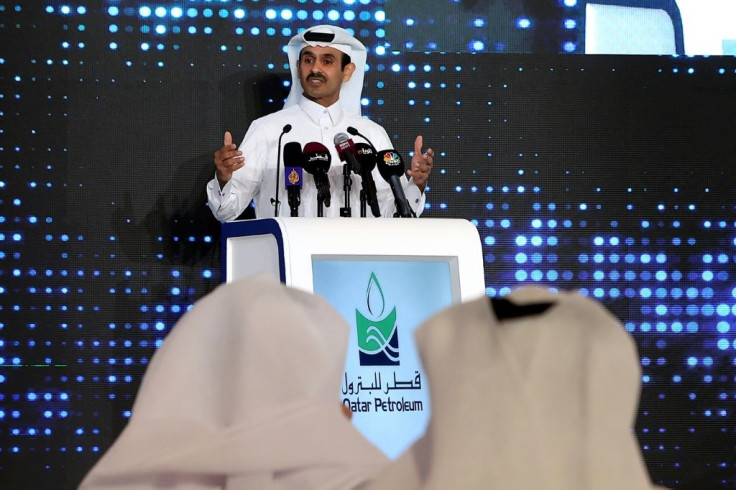Energy-rich Qatar Says Unhappy With High Gas Prices
Qatar, the world's biggest liquefied natural gas exporter, said Monday it was not pleased with current global prices which have surged to record peaks.
"I am unhappy about gas prices being high," Energy Minister Saad al-Kaabi told a press conference.
High prices, he said, "are negative for the customer, and the customers being satisfied is the most important thing to me."
Kaabi added: "If the customer is unhappy, he's not going to buy."
Low energy prices during the Covid-19 pandemic were expected to wipe out Qatar's budget surplus and lead to a deficit for 2021, the government had forecast in December.
Gas prices have since soared while oil has struck multi-year highs, fuelling global fears over spiking inflation and rocketing domestic energy bills.
Kaabi said Qatar's production was "maxed out" at 77 million tonnes per year.
"We have never 'less than' maxed out... we've not gone down, we've not gone up," he said.
"We're just consistent. We're producing what we can."

European and UK gas prices surged last week to record peaks, energised by fears of runaway demand in the approaching northern hemisphere winter.
Europe's reference Dutch TTF gas price hit 162.12 euros per megawatt hour and UK prices leapt to 407.82 pence per therm on October 6, before easing.
Gas demand is also heightened in Asia, particularly from China, a major customer for Qatar.
In 2019, the same year Qatar walked out of the OPEC oil cartel, the Gulf emirate said it aimed to increase its liquefied natural gas output to 126 million tonnes by 2027, based on a rise in its proven reserves.
That was at the height of a diplomatic rift and economic blockade -- settled early this year -- of Doha by its neighbours.
At the press conference where he announced a name change for state-owned Qatar Petroleum to QatarEnergy, Kaabi reiterated that Qatar has no plans to return to the Organization of the Petroleum Exporting Countries (OPEC).
"It (oil) is not our main business. That's why we opted to get out. Some people made it political," he said.
"We see, going forward, we're always going to be more of a gas company and country... it doesn't fit our strategy."
Gas has helped fuel Qatar's rise to become one of the world's richest countries, transforming one of the smallest Arab states and helping it to successfully bid for the 2022 football World Cup finals.
© Copyright AFP 2024. All rights reserved.





















